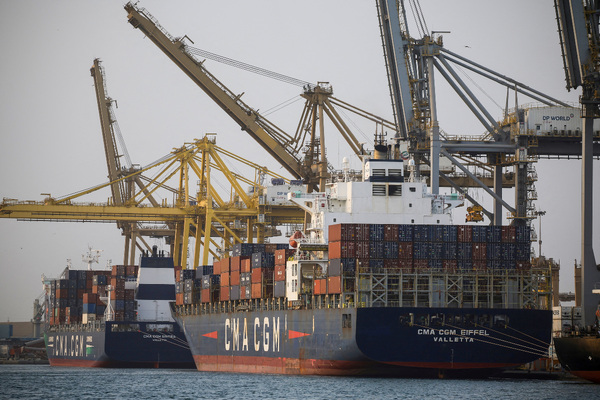The Benefits of Sourcing Locally

The global supply chain issues of the last two years have pushed more people to turn to local suppliers as an alternative.
Continuing problems with the global supply chain, beginning primarily with the pandemic, have impacted business of all kinds. The pandemic and subsequent lockdowns causing staff shortages impacted production in factories and transportation from ports. This wasn’t an issue limited to the start of the pandemic, with a 65-day lockdown in Shanghai in 2022 causing disruption at the port, which is one of the world’s busiest.
The conflict in Ukraine has disrupted various industries as well. Before the war, Ukraine and Russia accounted for 28.9% of global wheat exports, according to the BBC, and so prices are now set to reach record highs. Sanctions against Russia have also had a significant impact on oil prices, as countries look for alternative sources. These very global issues have created a very unprecedented situation.
Previous disturbances to the supply chain used to cause small-scale, isolated, disruptions, but now many more businesses are affected.
To mitigate this, some companies have been turning to local produce and manufacturers. There are many benefits to local sourcing: it can be faster, have more reliable deliveries, have no import taxes, more flexibility and better control and can be more cost effective as logistical costs are lessened.
Forbes reports Oden’s State of Manufacturing survey, which reported that more than half of manufacturers were making changes to their supply chains, with 11% making specific, regional changes. 45% of manufacturers said they were re-shoring or near-shoring in an effort to make supply chains more local.
One effect of the pandemic that was noticeable for the general public was the empty shelves in supermarkets. Greg Parsons, the director of the South West Food Hub, told the BBC that shorter supply chains are important as imported food can be risky, as shown by the pandemic. Some supermarkets, such as the northern chain Booths, already aim to source food locally – Booths has around 80% of the meat in its stores come from the region.
However, this isn’t an option for some industries, which are reliant upon global supplies. For industries like coffee, businesses have to use supplies from warmer climates. Yet this can be paired with local supplies where possible. Victoria Poon, owner of coffee business Alpaca coffee, says that her business had to use generic cups from a UK supplier recently when they had problems getting custom branded cups from Asia, according to the BBC, showing one of the smaller ways which local sourcing can be used.
These changes aren’t always the most efficient, as local manufacturers have to operate differently to larger scale producers. Adjustments will need to happen to allow local sourcing to become as efficient as global supply chains have been, but it seems that a change in attitude has certainly happened.

Annabel Thomas
Most Viewed
Winston House, 3rd Floor, Units 306-309, 2-4 Dollis Park, London, N3 1HF
23-29 Hendon Lane, London, N3 1RT
020 8349 4363
© 2025, Lyonsdown Limited. Business Reporter® is a registered trademark of Lyonsdown Ltd. VAT registration number: 830519543





